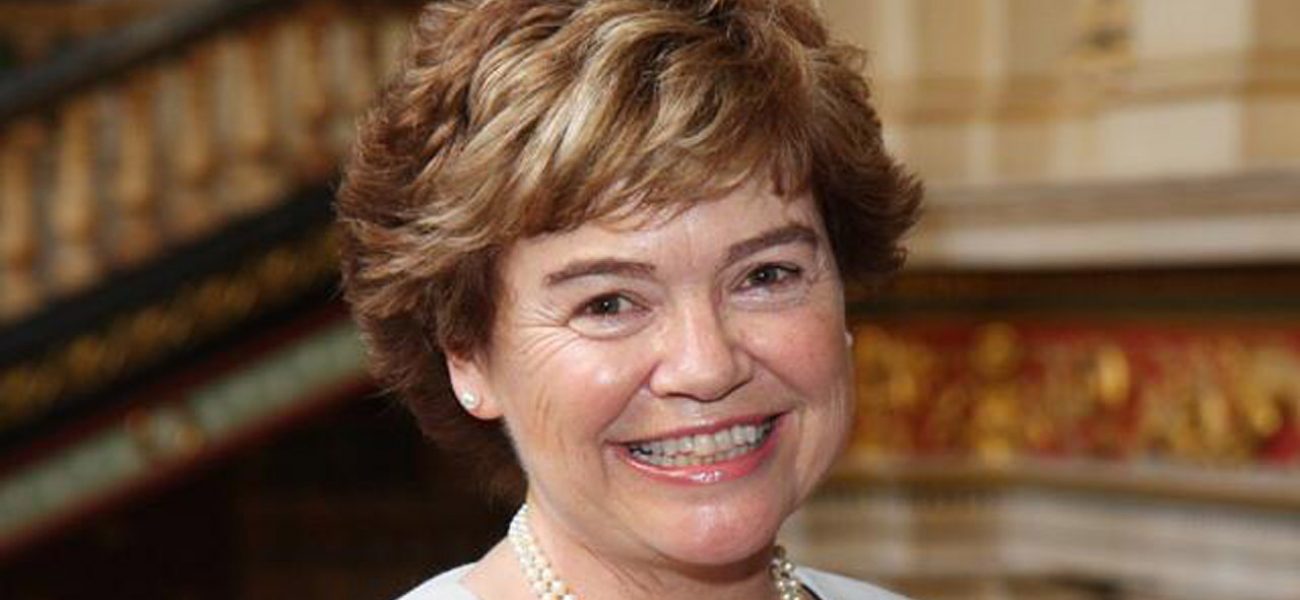The British High Commissioner to Nigeria, Catriona Laing expressed concern over a potentially adverse effect of the naira notes scarcity on logistics for the deployment of foreign election observers. The High Commissioner disclosed this at a public hearing convened by the National Assembly Committees on Electoral Matters on the Extent of Implementation of the Electoral Act 2022, which held on February 8 with support from Policy and Legal Advocacy Centre (PLAC) and the UK Foreign Commonwealth and Development Office (FCDO). As Nigerians prepare to head to the polls on February 25 and March 11, election observer groups have made their way into the country to observe Nigeria’s 2023 general elections. These foreigners require cash for their daily operations for the duration of their assignments. Indeed, there are also concerns about the effect of the limited supply of the new naira notes on the elections. Chairman of the Independent National Electoral Commission (INEC), Prof. Mahmood Yakubu met with the Governor of the Central Bank of Nigeria, Godwin Emefiele on February 7, where the latter gave assurances that the electoral umpire will be provided with the amount of cash it requires for the conduct of the elections.
In his Goodwill remarks, Executive Director of PLAC, Clement Nwankwo underscored the need for elections to hold as scheduled, as doing otherwise may portend crisis for the country. May Agbamuche-Mbu, an INEC National Commissioner who represented the INEC Chairman at the hearing, stated that the Commission was ready to conduct elections. She however, noted that violence and threat of violence in some parts of the country are challenges faced by the Commission as the elections approach. These factors make deployment of election staff and materials difficult, especially where INEC facilities and workers are targeted. The hearing held by the National Assembly was to assess the extent of preparedness of election stakeholders for the 2023 general elections scheduled to hold on February 25 and March 11

